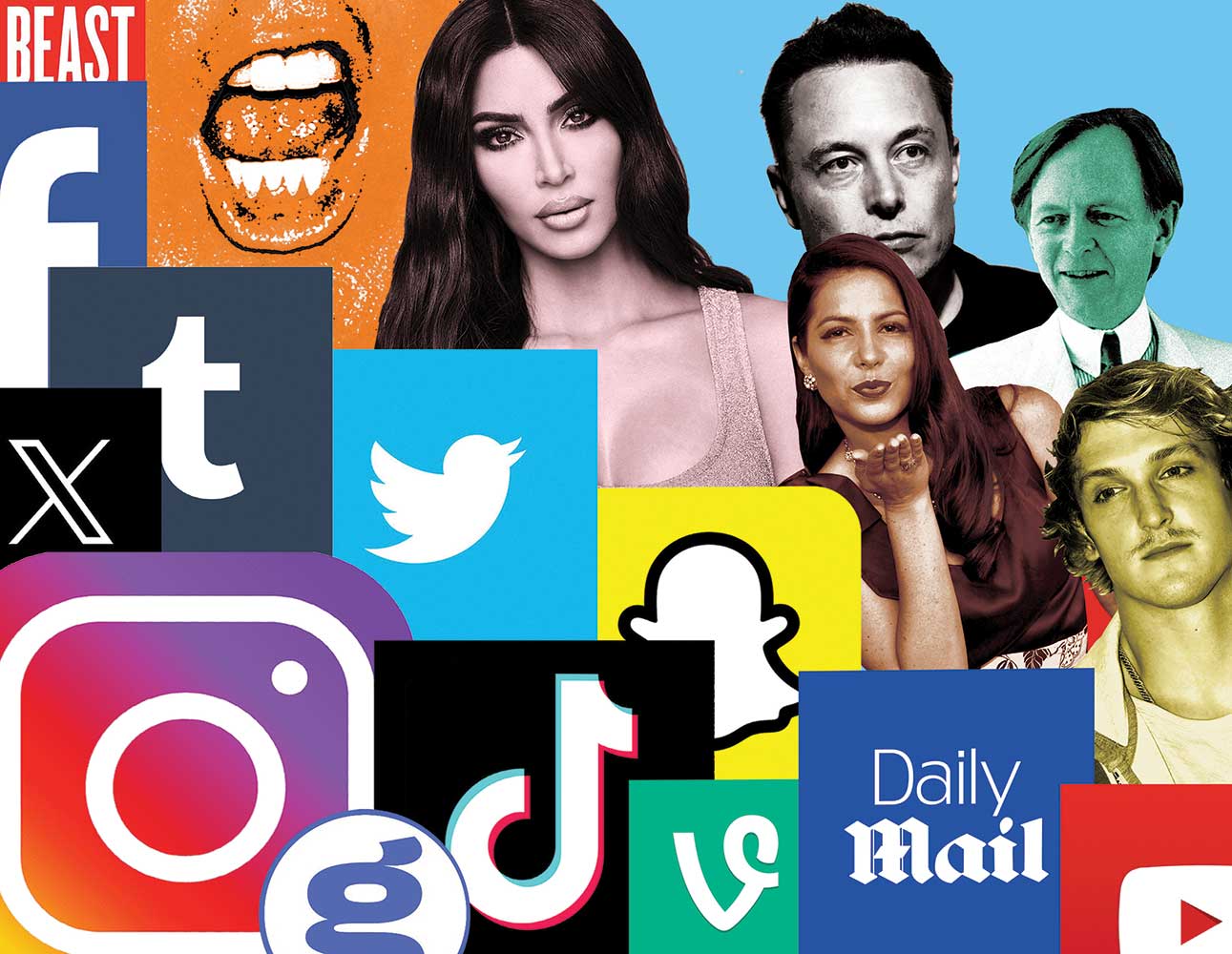Introduction
Celebrity culture has undergone a significant transformation over the past few decades, largely driven by the advent of social media. Platforms such as Instagram, Twitter, TikTok, and YouTube have not only changed how celebrities interact with their fans but have also democratized fame, enabling ordinary individuals to achieve celebrity status. This article delves into the evolution of celebrity culture in the social media era, examining its origins, current trends, and potential future directions.
The Origins of Celebrity Culture
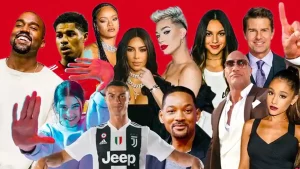
-
Early Beginnings
The concept of celebrity is not new; it dates back to ancient civilizations. In ancient Rome, gladiators and actors were celebrated figures. In the 19th century, the advent of mass media, such as newspapers and later, radio and television, began to shape modern celebrity culture. Hollywood’s Golden Age in the early 20th century further solidified the notion of celebrity, with movie stars becoming household names.
-
The Role of Traditional Media
Before the rise of social media, traditional media outlets like television, magazines, and newspapers were the primary sources of celebrity news. Paparazzi and tabloid journalism thrived, feeding the public’s insatiable appetite for information about the lives of the rich and famous. This era was characterized by a one-way flow of information, with celebrities having limited control over their public image.
The Advent of Social Media
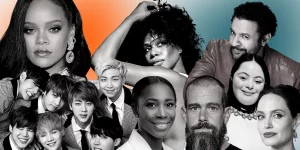
-
A Paradigm Shift
The emergence of social media platforms in the early 2000s marked a paradigm shift in celebrity culture. Websites like My Space and Facebook initially served as social networking tools but soon became platforms for self-promotion and brand building. The introduction of Twitter in 2006 and Instagram in 2010 further revolutionized the landscape, offering celebrities direct channels to communicate with their audience.
-
Democratization of Fame
One of the most significant impacts of social media on celebrity culture is the democratization of fame. Platforms like YouTube and TikTok have enabled ordinary individuals to achieve celebrity status by creating content that resonates with a wide audience. This shift has blurred the lines between traditional celebrities and social media influencers, leading to a more diverse and inclusive celebrity landscape.
The Dynamics of Celebrity Culture in the Social Media Era
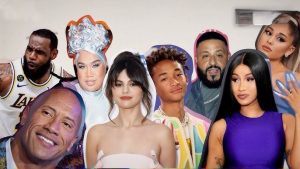
-
Direct Interaction with Fans
Social media has enabled celebrities to interact directly with their fans, bypassing traditional media gatekeepers. This direct interaction fosters a sense of intimacy and authenticity, allowing fans to feel more connected to their favorite stars. Celebrities often use platforms like Instagram Live and Twitter Q&A sessions to engage with their audience in real-time.
-
Brand Building and Monetization
Social media has also become a powerful tool for brand building and monetization. Celebrities and influencers leverage their online presence to promote products, endorse brands, and even launch their own businesses. Sponsored posts, affiliate marketing, and brand collaborations have become lucrative revenue streams, transforming social media profiles into valuable assets.
-
The Role of Algorithms
Algorithms play a crucial role in shaping celebrity culture on social media. Platforms like Instagram and TikTok use algorithms to curate content, determining what users see on their feeds. This has significant implications for visibility and engagement, with celebrities and influencers constantly adapting their strategies to stay relevant in an ever-changing digital landscape.
The Dark Side of Social Media Celebrity Culture
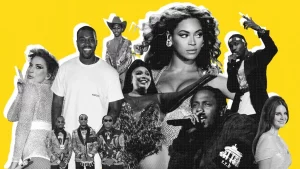
-
Privacy and Mental Health
While social media offers numerous benefits, it also has a dark side. The constant scrutiny and pressure to maintain a public persona can take a toll on celebrities’ mental health. Issues such as cyberbullying, invasion of privacy, and the relentless pursuit of likes and followers can lead to anxiety, depression, and burnout.
-
Cancel Culture
Cancel culture is another phenomenon that has gained prominence in the social media era. Public figures are held to high standards, and any perceived misstep can lead to widespread backlash and calls for cancellation. While accountability is essential, cancel culture can sometimes result in disproportionate consequences and stifle open dialogue.
The Future of Celebrity Culture
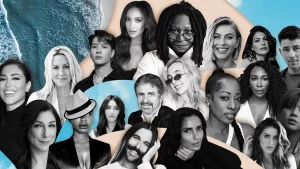
-
The Rise of Virtual Celebrities
As technology continues to evolve, we may witness the rise of virtual celebrities—digital avatars or AI-generated personalities that garner massive followings. These virtual influencers are already making waves on platforms like Instagram, and their influence is expected to grow in the coming years.
-
Evolving Metrics of Fame
Traditional metrics of fame, such as box office numbers and TV ratings, are becoming less relevant in the social media era. New metrics, such as follower count, engagement rate, and social media reach, are now more indicative of a celebrity’s influence. This shift is likely to continue, with data analytics playing an increasingly important role in measuring fame.
-
Greater Emphasis on Authenticity
As audiences become more discerning, there will be a greater emphasis on authenticity and transparency. Celebrities who can genuinely connect with their fans and maintain a consistent, authentic presence are likely to thrive. This trend may lead to a more relatable and down-to-earth celebrity culture.
Conclusion
The evolution of celebrity culture in the social media era has been nothing short of transformative. Social media has democratized fame, enabled direct interaction with fans, and created new opportunities for brand building and monetization. However, it has also introduced challenges related to privacy, mental health, and cancel culture. As we look to the future, the landscape of celebrity culture will continue to evolve, driven by technological advancements and changing audience expectations. One thing is certain: the relationship between celebrities and their fans will never be the same again.

